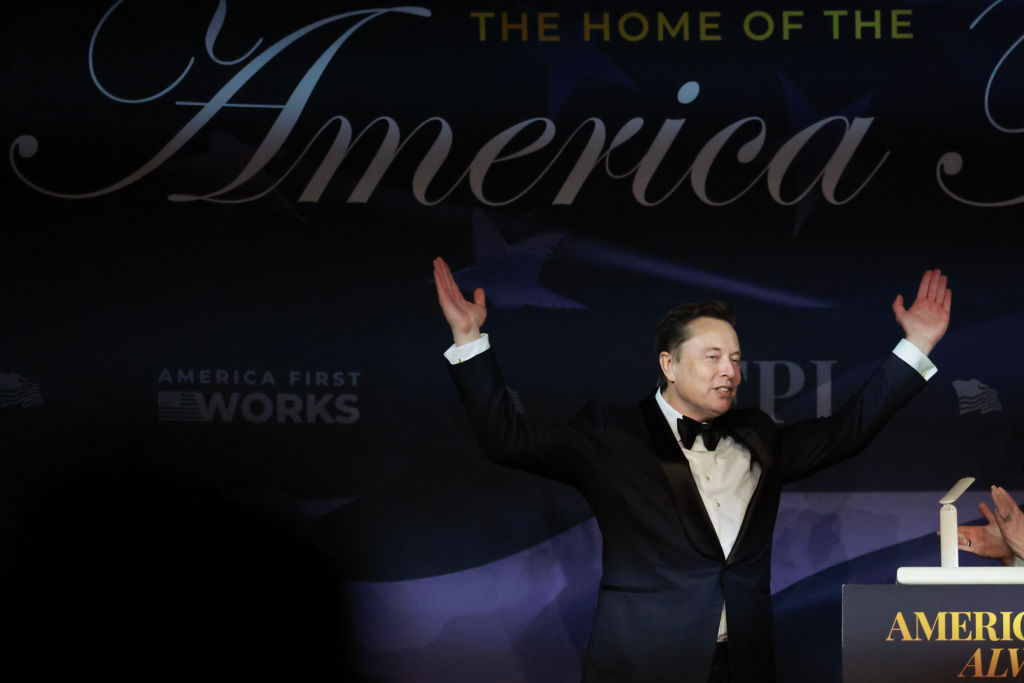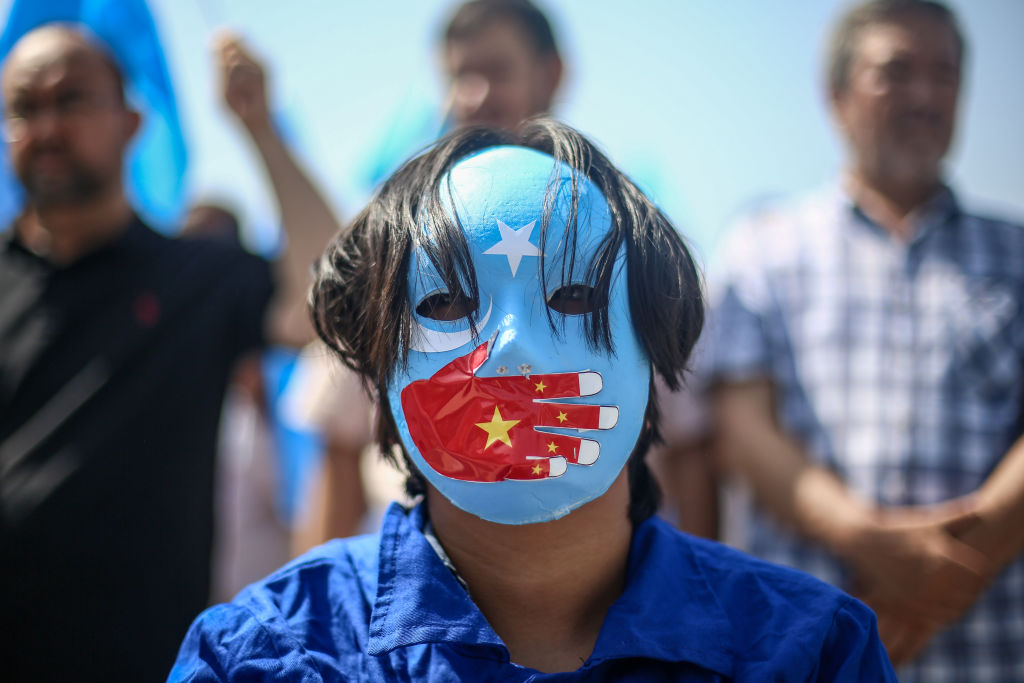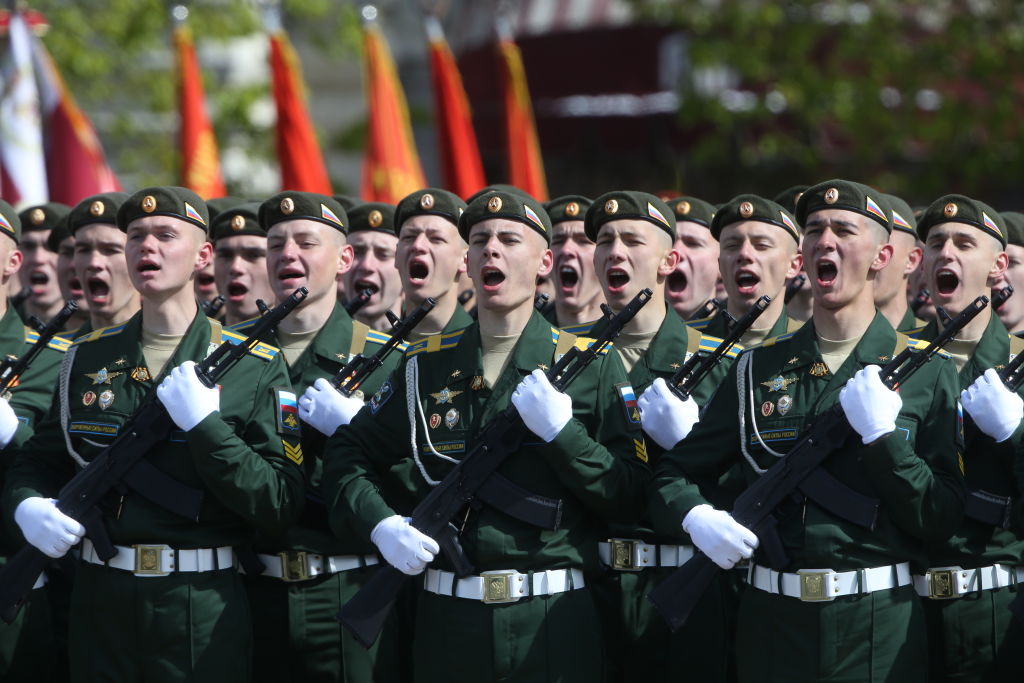Europe’s economies suffer under the Ukraine war’s weight, yet Europe’s leaders cling to conflict over peace. Ending the war would unleash growth, slash inflation, and restore stability. But elites push Kyiv toward maximalist demands, derailing talks. And all this is not because of ideology. It is self-interest and political survival put over prosperity and the Union’s future.
The war’s economic toll is brutal. According to the IMF, energy prices, spiked by sanctions, cost Europe €600 billion in 2022-2023. Goldman Sachs estimates a “comprehensive” peace would almost immediately boost eurozone GDP by 0.5 per cent and cut inflation – currently at 2.5 per cent – by 0.5 per cent too, meeting the ECB’s 2 per cent target for 2025. Peace would also stabilise gas markets, cutting household bills and industrial costs.
Remember when the economy (“stupid”) was the pride and joy of the EU? Well, not any more. Germany, Europe’s engine, suffers most. Its 2025 budget prioritises fiscal restraint because of Ukraine aid packages, as industrial output stagnates – down 1.2 per cent since 2018. A prolonged war fuels energy costs, with gas prices 30 per cent above pre-2022 levels (Eurostat). Peace could revive manufacturing, saving jobs and exports.
Repercussions rip throughout the continent. France shockingly flirts with an IMF bailout – and the war may end up being the straw that breaks the camel’s back. Poland’s 2024 GDP growth slowed to 2.1 per cent, per OECD, partly due to war-driven trade disruptions. Several countries’ agribusiness sectors have been seriously affected. Greece lost 80 per cent of its 235,200 Russian tourists in 2022, while in 2022-2023 a 90 per cent drop in Russian visitors cost Europe €8 billion to €10 billion in revenue.
Ukrainian refugees, 4.2 million across the EU according to Eurostat, also cause stress to public services, having cost tens of billions so far, if we are to believe sources like Bruegel, a Brussels-based think tank. Peace would let refugees return, easing budgets and boosting Ukraine’s reconstruction, opening a market for European firms. But no, what Brussels and its pet students want is hundreds of billions poured into keeping the Ukrainian patient alive and the European patient sick.
So, European leaders obstruct peace. At the August 2025 Alaska summit, Trump pushed for a ceasefire, but EU figures like Ursula von der Leyen and Kaja Kallas demanded Kyiv’s inclusion and “robust” security guarantees. Merz acts like a panzer division commander en route to Stalingrad. Macron insists on playing Napoleon. Their insistence on Ukraine reclaiming all territory ignores Russia’s control of 18 per cent of Ukraine – and growing. This hard-line stance stalls talks.
Axios reports that Trump’s team accuses Europe of sabotage, pushing Ukraine toward “maximalist” demands for a “better deal”. EU leaders talk about peace but urge Kyiv to hold firm, prolonging the war. Kallas, calling territorial concessions a “trap”, ignores polls showing 68 per cent of Ukrainians in favour of negotiations. Europe’s posturing risks more bloodshed.
And why? Self-interest, geopolitical leverage, politics, profit. EU bigwigs fear a deal ceding land would weaken their own credibility and influence. Pushing maximalist demands delays a harsh awakening: The war is all but lost. And then of course, European leaders would have to account for their strategic failure to voters. In which case, arms deals and green energy profits will not suffice as popular explanations.
Contrast this with past pragmatism. The European Bank for Reconstruction and Development (EBRD) claims that Ukraine’s reconstruction could potentially open up a €1 trillion market. Europe could broker a deal, exchanging political support to the process for contracts, so that European firms could profit. An end to this war would unlock trade and investment, not just aid. Instead of pursuing this, the EU even hails US secondary tariffs against countries like India a strategic mistake.
Europe’s elites must choose. Peace would save tens of billions in annual costs, stabilise energy and spur growth. But by pushing unattainable goals, they prolong the ordeal. Zelensky could call a referendum, letting Ukrainians decide, but it looks like the free world only cares for democracy in terms of appearances, not substance. Will leaders serve their people, or pawn Europe’s future so as to save themselves?





Genocide in Syria wipes out the last surviving heirs of European civilisation